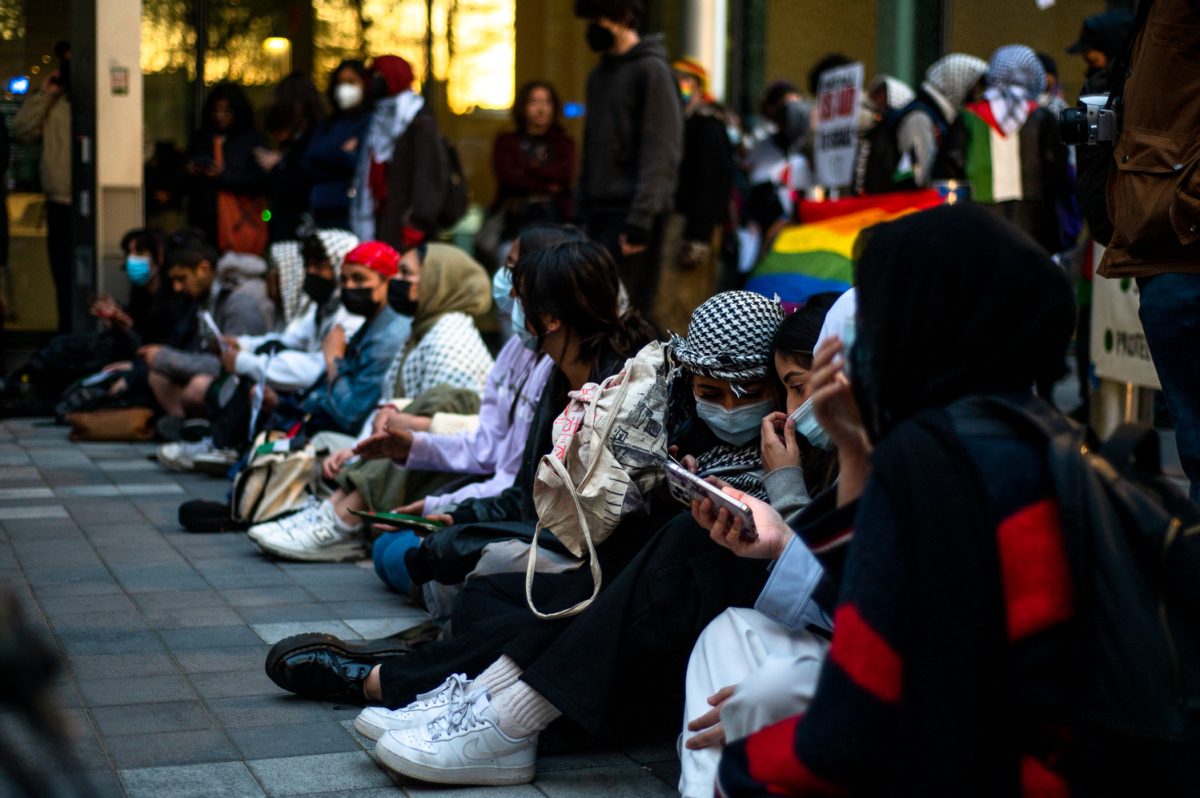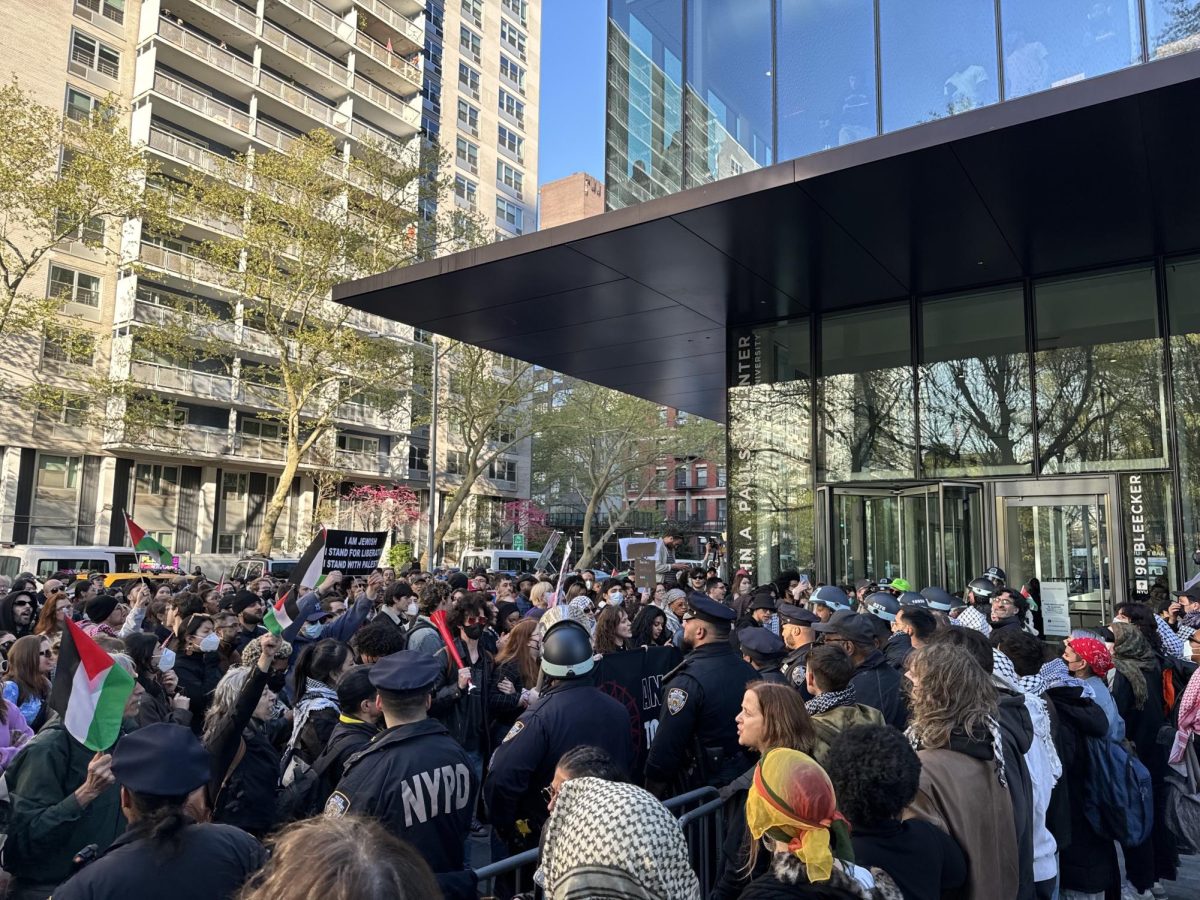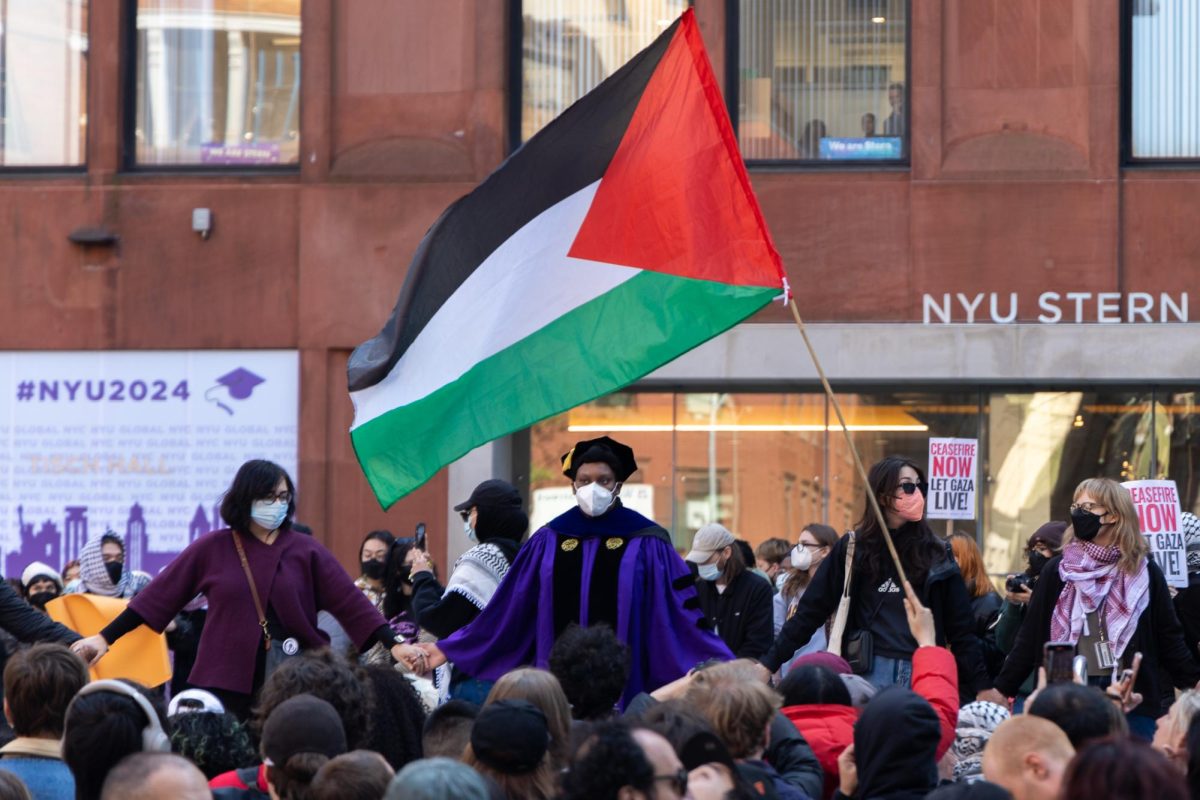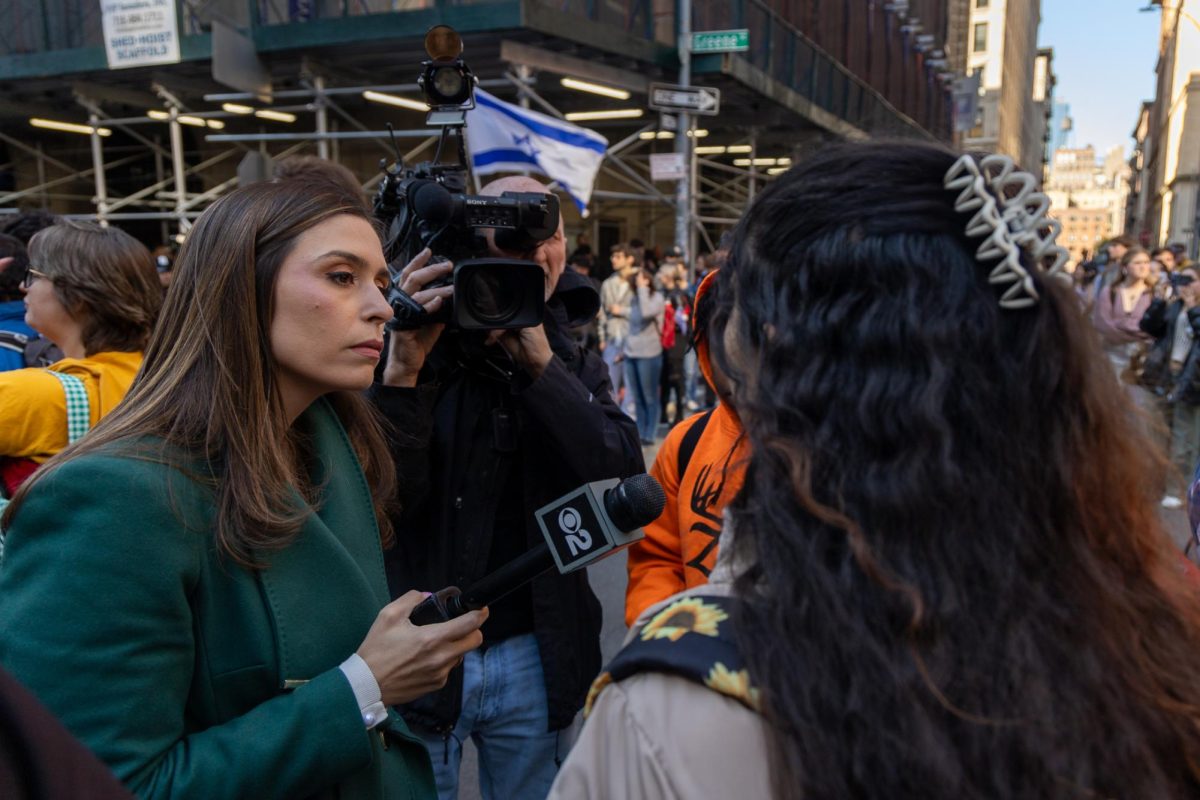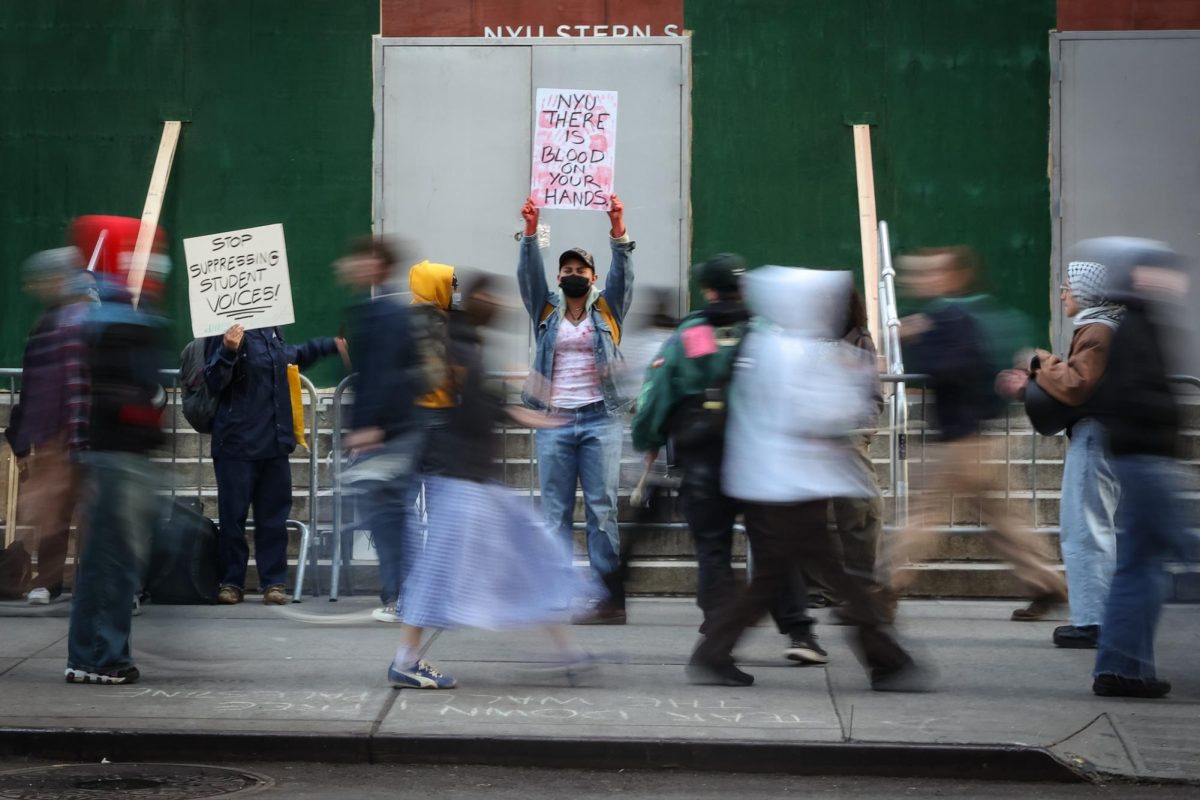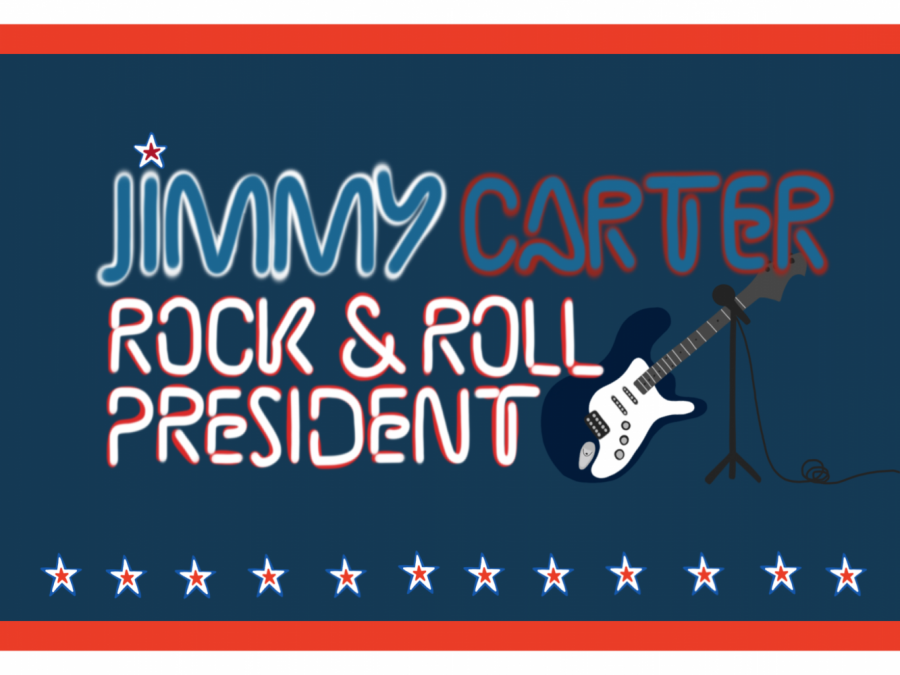Less than five minutes into the new documentary “Jimmy Carter: Rock & Roll President,” former President Jimmy Carter corrects the well-known story of Willie Nelson smoking weed with a Secret Service agent in the White House. Carter reveals that Willie Nelson did not smoke with a Secret Service agent, Nelson smoked with Carter’s own son.
This scene is only a taste of the candor and sincerity of “Jimmy Carter: Rock & Roll President,” a new documentary from director Mary Wharton that explores Carter’s friendships with some of the great musicians of the 1970s. Willie Nelson, Bob Dylan, Gregg Allman, Nile Rodgers, Jimmy Buffett and Paul Simon all make appearances, among others.
The movie begins against the backdrop of Vietnam and Watergate, twin disasters that contributed to the largest drop in the public’s trust in government in the history of polling. Viewers familiar with Carter’s history will likely already know the story of how he channeled this disillusionment into a successful presidential campaign. But the story of the 1976 election comes second to the film’s real subject: Jimmy Carter’s closely held, lifelong friendships with some of the best-known songwriters of the 20th century.
The film does a good job of exploring the intersection between art and politics through the lens of Carter’s campaign, as well as providing an interesting analysis of the music scene of the 70s. Music of that era is often presented as an undifferentiated mass of “classic rock,” but the documentary takes care to clarify how, to a teenager in the 70s, there was a world of distance between Bob Dylan’s pointed social critiques and the easygoing country-rock of the Eagles.
The film deftly demonstrates that Jimmy Carter had an intimate knowledge of some of America’s best political protest music. When he describes the hope he had in the power of music to mobilize people, the movie becomes a sunny, if somewhat shallow political documentary. When he describes his relationships with the people who created the music, we get something more, a window into how music can define someone and shape them, even a U.S. president.
The more grating part of “Jimmy Carter: Rock & Roll President” is that the movie makes enough references to broader structural issues in America — war, unaccountable government, inequality — that you are left wondering how a largely feel-good documentary about Jimmy Carter helps us with any of those things. It doesn’t. We are handed a portrait of a fairly good person trying his best to do good things. The problem is that the film is being released at a time when the current president repeatedly calls for the police to brutalize protesters. The portrait feels, at best, a little quaint. Even worse is how you can see, in the hope and sincerity expressed by Carter’s aides and friends, the exact kind of good faith and trust that infamous figures in America’s political history would exploit to gain power after Carter left office. It’s hard not to feel at least a little cynical despite the relatively cheery veneer of the movie.
The documentary also faces the issue of feeling somewhat one-sided. For instance, the Carter aides interviewed are right to point out that Carter showed prudent restraint in refusing to bomb Iran. What’s remarkable, however, is that most of them seem very proud of how Carter handled the hostage crisis. This crisis historically ruined Carter’s image and played a part in handing the presidency to Ronald Reagan in 1980. Not a single aide interviewed says a word about whether Carter could have engaged in more effective counter-messaging against the Republicans. They prefer to describe him in the self-righteous language of martyrdom, praising his painfully misguided decision not to hit back against Reagan’s attacks as further evidence of what a decent guy he apparently was.
But “Jimmy Carter: Rock & Roll President” never explicitly purports to be a political documentary. It’s a poignant rendering of a man with all of his successes and failures. If the movie sometimes veers into nostalgia, it’s forgivable. Jimmy Carter’s life stands as a testament to the ideal of public service and the movie’s great feat is to introduce us to people whose lives were altered by that service. That these people are some of the 20th century’s most popular musicians is only a small flourish.
Email Sam Gray at [email protected].

